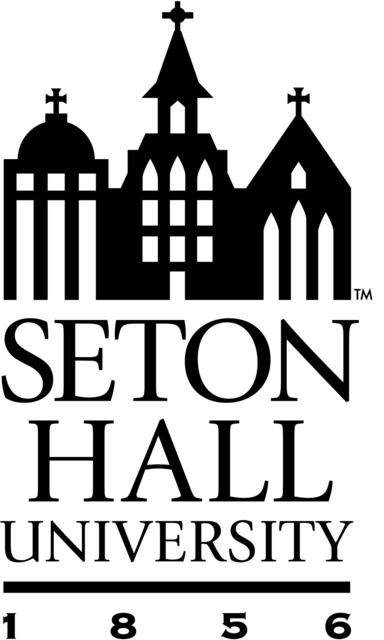As tumors grow and become unresponsive to external cellular signals, the level of oxygen in the masses decreases; mutated cells, those with malfunctioning p53, grow and thrive greater than 0.2 mm from the blood supply. Continue reading



As tumors grow and become unresponsive to external cellular signals, the level of oxygen in the masses decreases; mutated cells, those with malfunctioning p53, grow and thrive greater than 0.2 mm from the blood supply. Continue reading

Last week, Amgen (Onyx) announced negative news from its FOCUS clinical trial of multiple myeloma drug Kyprolis. Let’s put this into perspective. Continue reading

Last week, pacritinib, an oral tyrosine kinase inhibitor drug-candidate with dual activity against JAK2 and FLT, has been granted Fast Track designation by the U.S. Food & Drug Administration Continue reading

The National Cancer Institute has a very informative, yet easy to understand overview presented as a Q&A – Targeted Cancer Therapies. Continue reading

The combination of Herceptin plus pan-HER (EGFR and Her 2 an 4) kinase inhibitor neratinib resulted in a 33% improvement in progression free survival versus Herceptin alone in breast cancer patients. Rituxan combined with idelalisib, PI3K inhibitor, resulted in a near doubling of progression-free survival at 24 weeks versus Rituxan, alone in patients with Chronic Lymphocytic Leukemia, non-Hodgkin’s Lymphoma, and small cell lymphoma. The news for neratinib tripled the valuation of Puma Biotechnology, while the FDA granted approval of Gilead’s drug Zydelig (idelalisib). Continue reading

Genspera is a company developing novel prodrugs for the treatment of cancer. In a phase 2 study in patients with hepatocellular carcinoma who have failed treatment with Nexavar (sorafenib), a tyrosine kinase inhibitor that blocks KIT, FLT-3 RET, raf, VEGFR1-3, and PDGF kinases, a doubling of time to progression was seen in patients taking G-202. Continue reading

The Ras onogene has been studied for 30 years, with over 40,000 scientific articles published on it. However, an inhibitor of the mutated form of Ras has not been able to be developed. So, researchers have developed downstream blockers of the Ras cascade – MEK inhibitors and Raf inhibitors, for example. But why can’t a molecule that blocks mutated Ras be identified? Continue reading

Last week, BIND Therapeutics and Amgen ended a collaboration on a targeted nanaoparticle that employed a proprietary cytotoxic compound from Amgen. However, BIND has several other programs (and partnerships with AstraZeneca, Roche, and Pfizer) that are proceeding in the clinic, which employ its Targeted Nanoparticle (TNP) technology. How does this work? Continue reading
Roche /Genentech announced that it acquired a company called Seragon for its new class of compound – SERD (selective Estrogen Receptor Degraders). Blocking estrogen production (aromatse inhibitors) and the binding to the estrogen receptor (tamoxifen) are mainstays of treatment for patients with ER (estrogen receptor) and PR (progesterone receptor) positive breast cancer. However, patients relapse subsequent to treatment with these agents. Continue reading
Amgen reported encouraging data from a 189 patient phase 2 trial at this year’s ASCO meeting on blinatumomab in patients with Philadelphia Chromosome (9,22 translocation) negative relapsed/refractory B-precursor acute lymphoblastic leukemia (ALL) – see http://ecancer.org/conference/514-asco-2014/video/2913/blinatumomab-shown-to-be-beneficial-in-relapsed-refractory-b-precursor-acute-lymphoblastic-leukaemia.php. Continue reading